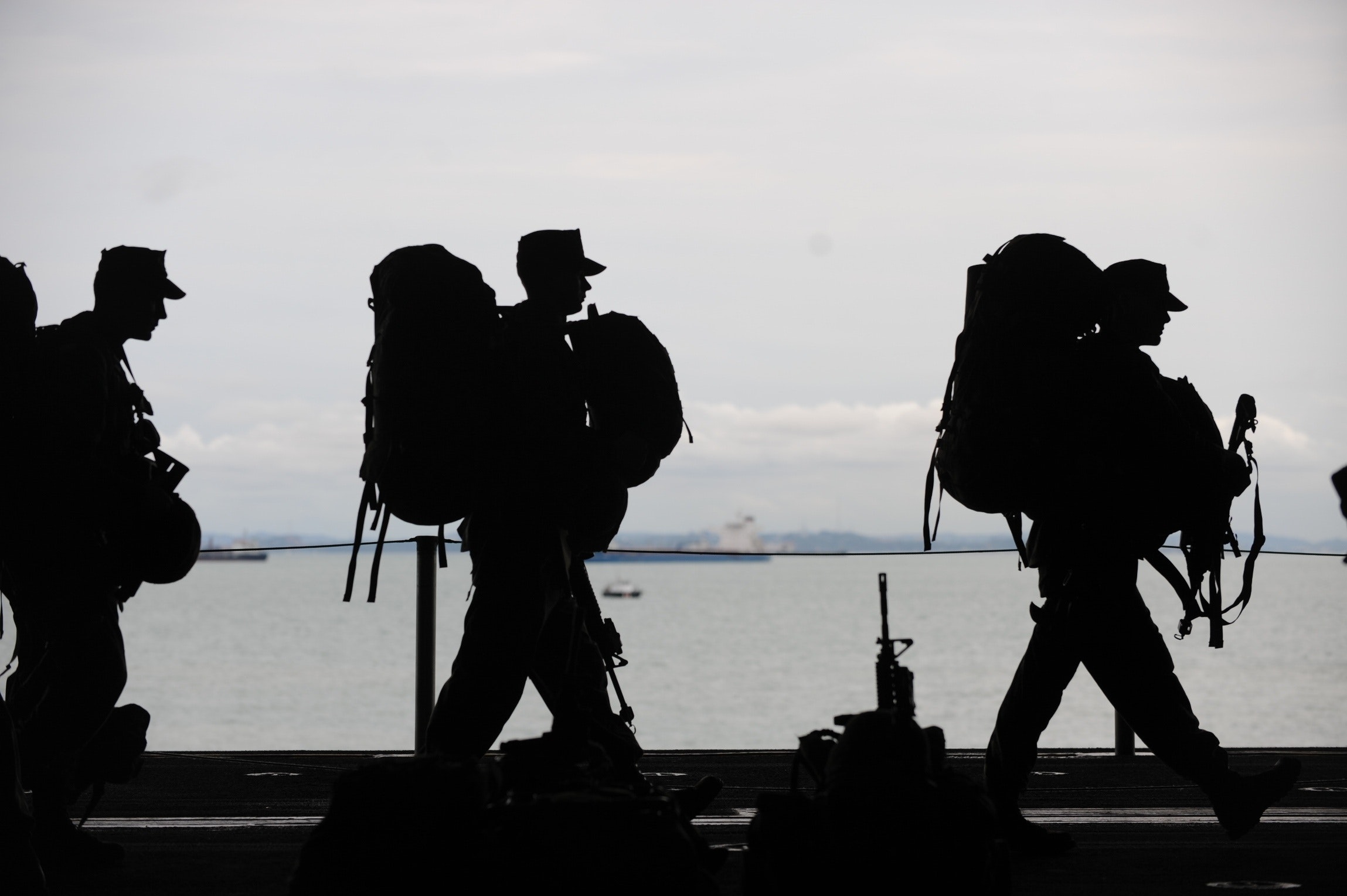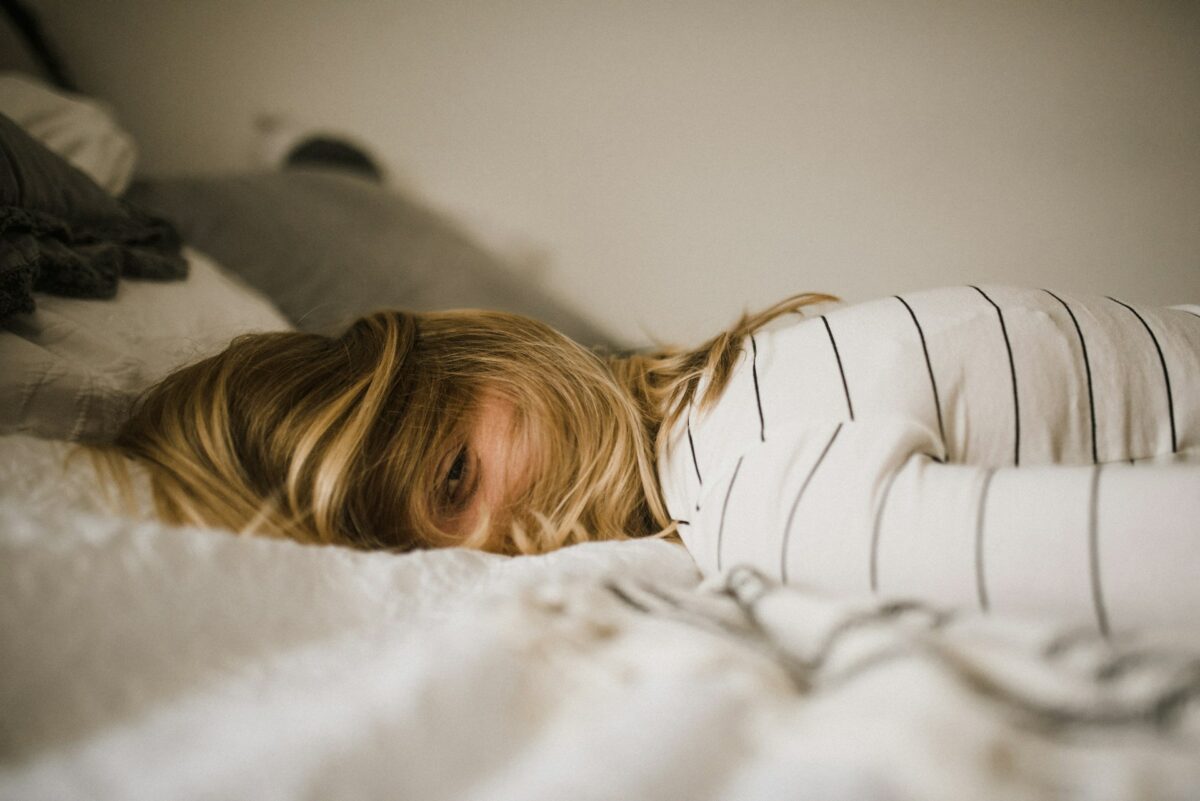This year, on November 11, will mark 103 years since the official armistice that ended World War I. In honor of this day, we would like to delve deeper into one of the unfortunate impacts of war: PTSD. We have no statistics for the number of soldiers who returned home from WWI or WWII with PTSD, but studies of more modern conflicts like Afghanistan and Iraq show soldiers returning to the US screen at rates between 13%-30% for PTSD (Reisman, 2016). The statistics widely vary for military members and veterans, but what we do know is that in the average population, 7 out of every 100 people will experience PTSD in their life (Pacheco, 2021). We also know PTSD in all it’s forms can be debilitating.
PTSD is generally a reaction to trauma, where our body and mind remain in a heightened state of arousal. It can start immediately after or surface years later, and it has a plethora of symptoms, risk factors and comorbidities. It is an incredibly complex disease that is also intrinsically related to sleep.
One of the risk factors for developing PTSD is sleep problems. A history of sleep apnea, insomnia, poor sleep quality or other sleep disorders increases the likelihood that PTSD will emerge after a traumatic experience. Sleep issues are also considered a symptom of PTSD and develop with the disease in three main categories: insomnia, night terrors and obstructive sleep apnea (Pacheco, 2021).
Those suffering from PTSD almost always suffer from disrupted REM sleep. Most of us know that REM sleep is when we dream, and while it is still a bit of a mystery as to why we dream, it is without a doubt one of the most important things are brain does all night. During REM, the brain categorizes memories, problem solves, associates new and old memories, and separates emotion from memories. This last bit is believed to be the key factor between PTSD and sleep because those suffering from PTSD cannot separate the trauma from the intense emotion they experienced at the same time. As the disease progresses, any similar trauma inflicts the same severe emotional response, even dreams that raise the heart rate can be the culprit.
This is a very different understanding of PTSD than we had 20 years ago, when we assumed the sleep issues were caused by the PTSD. We now know the question is more of a chicken and egg type, where PTSD and sleep disorders are linked together in a complicated manner.
What does this mean for the future of PTSD? Well, the first thing we can do with this information for those suffering from PTSD is to screen for and treat if present any sleep apnea. We have known for a number of years that treating sleep apnea lowers PTSD symptoms, however the compliance rate on CPAP is a concerning factor. We know that on average, about 50% of patients who are prescribed a CPAP therapy are unable to wear the device long term (Wolkove et al., 2008) with some studies showing the compliance rate for CPAP is as low as 30%. A small but promising study done in 2017 shows that treatment with an Oral Appliance shows significantly higher compliance, higher preference by the participants and an equal reduction is PTSD symptoms. Either way, it is important to address sleep apnea as a contributing factor to PTSD.
We can also use this knowledge to screen applicants for jobs that are known to be high stress, such as military and first responders. Those with any history of sleep disorders can be assessed on a case-by-case basis. If the sleep disorder is well treated and managed, then it is less likely they will develop PTSD. There are also promising treatments out there that regulate and normalize REM sleep before and after the emergence of PTSD (Pace-Schott, Germain, & Milad, 2015).
The research in this area is breaking new ground constantly, and we are always learning more on how to help those suffering from PTSD. For now, we know that we must prioritize sleep health. This statement really goes beyond helping those who already have PTSD, as sleep is fundamental in preventing almost all mental health concerns. If you are suffering from poor sleep or PTSD and have not had your sleep assessed, speak to your primary care physician about getting a proper assessment done. We can provide approved Home Sleep Apnea Testing, and provide therapy for Sleep Apnea, Insomnia and Poor Sleep Quality. Book a free consultation on our website without a referral at any time.
References
Pace-Schott, E., Germain, A., & Milad, M. (2015). Sleep and REM sleep disturbance in the pathophysiology of PTSD: the role of extinction memory. Biology of Mood and Anxiety Disorders.
Pacheco, D. (2021, January 8). PTSD and Sleep. Retrieved from Sleep Foundation: https://www.sleepfoundation.org/mental-health/ptsd-and-sleep
Reisman, M. (2016). PTSD Treatment for Veterans: What’s Working, What’s New, and What’s Next. National Center for Biotechnology Information.
Wolkove, N., Baltzan, M., Kamel, H., Darbusin, R., & Palayew, M. (2008). Long-term compliance with continuous positive airway pressure in patients with obstructive sleep apnea. National Center of Biotechnology Information.





